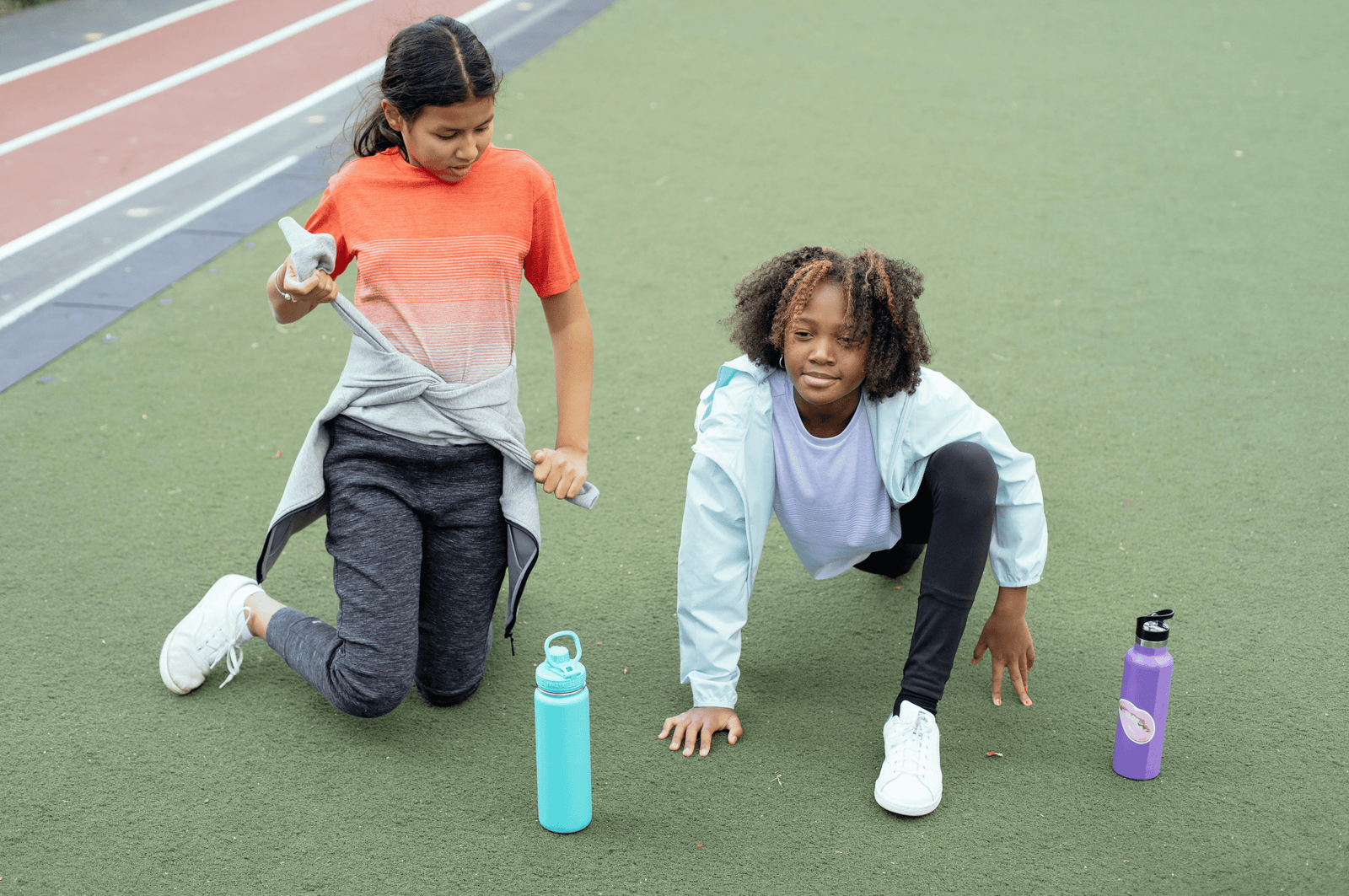
Does An Apple a Day Keep the Doctor Away?
Can eating an apple every day really help your immune system?
Or, is the saying simply an old wives’ tale?
The answer might not be as simple as you think. Apples contain vitamin C, which research shows can reduce your overall likelihood of getting sick, and can also make your symptoms less severe if you do come down with something.
However, evidence suggests that you’d have to consume 100% or more of the recommended daily allowance (RDA) of vitamin C every day to get those benefits. One large apple only contains 17%. That means, if you want to keep the doctor away, you’d have to eat 6 apples a day! Of course, we all love apples, but not that much!
Luckily, some other fruits and vegetables have a much higher vitamin C content than apples. Some alternatives include:
- Broccoli (1 cup of broccoli contains 121% RDA of vitamin C)
- Potatoes (1 large potato contains 121% RDA of vitamin C)
- Strawberries (1 cup of strawberries contains 149% RDA of vitamin C)
- Oranges (1 large orange contains 167% RDA of vitamin C)
- Kiwifruit (1 cup of kiwi contains 278% RDA of vitamin C)
- Guava (1 cup of guava contains a whopping 627% RDA of vitamin C)
Maybe we ought to be saying,‘A guava a day keeps the doctor away!’
A quick history lesson:
How did people realize that vitamin C was good for our immune system? Before we understood vitamin C’s positive impact on our immune systems, people used to get a disease known as "scurvy"(say it like this: skur-vee). Scurvy emerges from severe deficiencies in vitamin C, creating symptoms such as physical weakness and gum disease.
Scurvy has been around for a long time. Ancient Egyptian records from 1550 BCE (that’s 3571 years ago!) discuss patients suffering from scurvy. Even the famous Ancient Greek physician Hippocrates reported that his patients were suffering from the illness.
Sailors were the most common victim. Before the 20th century, sailors and soldiers across the globe were on ships for weeks, months, and even years on end. During these adventures, their diets were not rich in vitamin C. Sailors mainly lived off meat, cheese, bread, and beer during their long journeys.
As early as 403 CE, Chinese ships carried plants to prevent sailors from getting scurvy. These plants included:
- Ginger: 8% RDA of vitamin C per cup
- Peppers: 303% RDA of vitamin C per cup
- Lemons: 74% RDA of vitamin C per whole lemon
- Mangos: 100% RDA of vitamin C per mango
In 1795, the British Navy began using citrus fruit to treat scurvy on their ships; however, scurvy remained a significant problem for the U.S. Army even during the Civil War! At the time, because of Britain’s use of citrus fruit, Americans referred to British soldiers as “lime-juicers.” However, such remarks didn’t change the fact that the British were successfully warding off scurvy with fruit! It was only in 1862 that the general American public began to recognize scurvy as a problem. A public health campaign implored citizens to send sailors and soldiers vitamin C-rich foods, such as citrus fruits, onions, and potatoes. During the Civil War, one sign found in Chicago even read, “Don’t send your sweetheart a love letter. Send them an onion.”
Maybe Don’t Send Anyone an Onion
It might not be a good idea to send your sweetheart or friends an onion in modern times. First off, onions don’t actually contain all that much vitamin C (1 cup of sliced onion only contains 13% of your RDA ). On top of that, who wants a present that makes their eyes burn?
Instead, if you want to help your friends boost their immune systems, invite them on a walk! Regular exercise, including walking, boosts the immune system. Here’s how:
- Research shows that exercise improves the body’s T-cell production. T-cells are the part of your immune system that recognize foreign bodies that have entered your body, including bacteria and viruses that can make you sick.
- Likewise, exercise increases the production of natural killer cells, which are the cells primarily responsible for eliminating viruses from the body.
- Finally, exercise reduces inflammatory cytokines (say it like this: sai-tuh-kinez).
Inflammatory cytokines are molecules which --in large numbers-- scientists believe are involved in the development of cardiovascular disease, Type 2 diabetes, Alzheimer's disease, osteoporosis, and some cancers.
Grown an Immunity Garden
You don’t need to go to the store to get all of the immunity-boosting foods you need. A large amount of these superfoods are ones that you can grow at home! Each of these plants is very easy to grow and has properties that can help ward off colds. Here’s what to include in your own immunity garden:
- Garlic: Garlic provides the body with an antioxidant known as S-allylcysteine and other immune-boosting molecules. These molecules provide the body with sulfur, which like exercise, also reduces inflammatory cytokines. Garlic can also reduce oxidative stress (an imbalance between oxygen and antioxidants in the body, which can lead to various different illnesses). That’s why research suggests garlic helps to reduce the time it takes to recover from colds and flus.
* (Plant garlic cloves in rich soil in mid-October. Make sure to get rid of all the weeds before planting garlic. Give garlic lots of water!)
-
Ginger: Ginger has powerful anti-oxidant and anti-inflammatory properties. Chronic inflammation has been shown to weaken the immune system’s ability to function. That’s why research suggests ginger may improve the body’s immune functioning.
*(Make sure you plant ginger in moist conditions. If the conditions are dry, water your ginger regularly. Aside from that, ginger is quite low-maintenance to grow.)
- American Ginseng: American Ginseng has special sugars known as saccharides that can improve immune functioning. These sugars fuel immune cells, which is why research suggests that American Ginseng may help treat the common cold and flu.
*(It’ll take patience, but if you grow Ginseng in a dark and moist environment, it will grow mostly on its own, taking roughly 18 months to fully develop.)
To learn more about your immune system, join the Loops Crew in Adventure 6: The Immune System as they travel through Arthurian England in the Adventure Series: 12 Systems of the Body!









Leave a comment (all fields required)